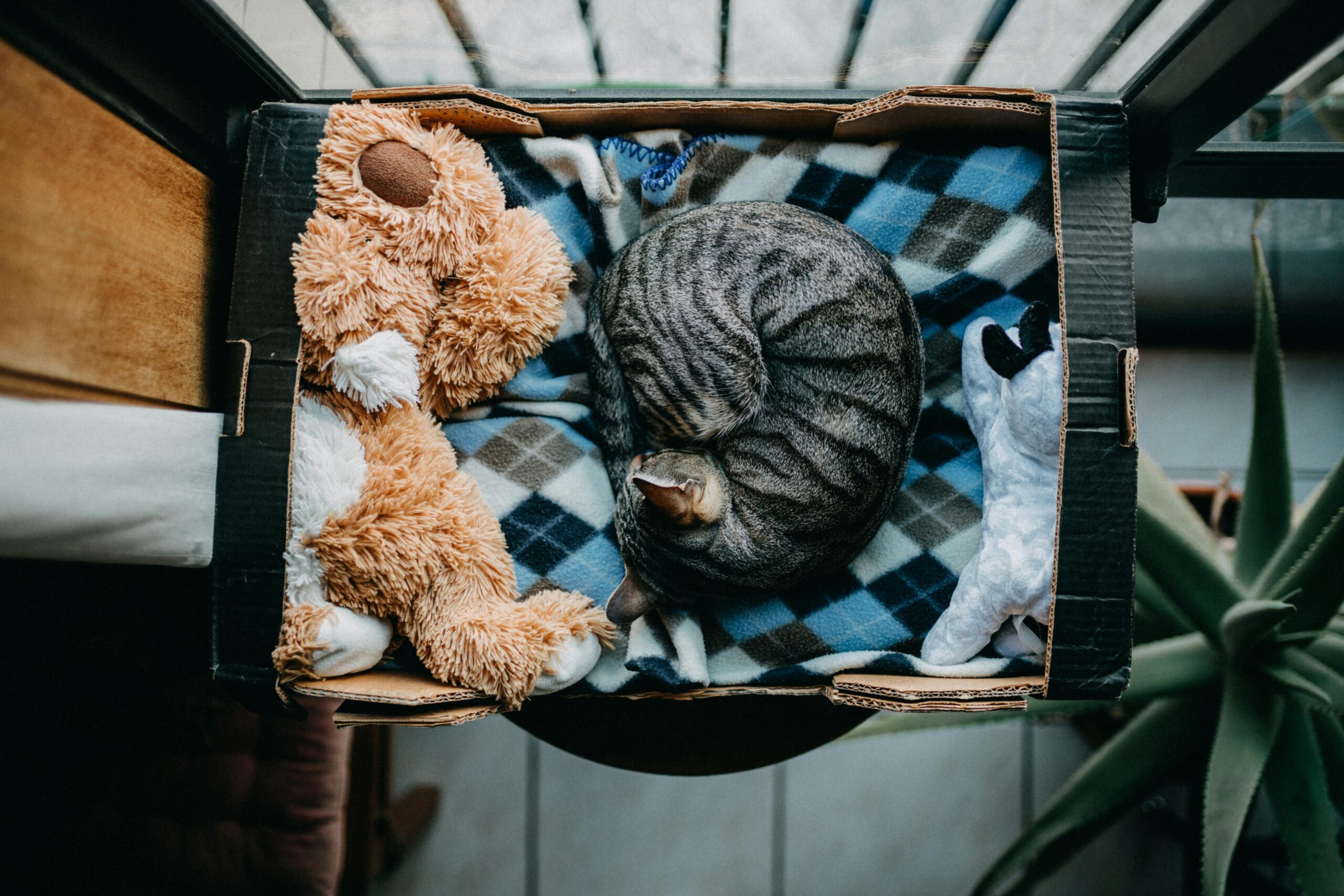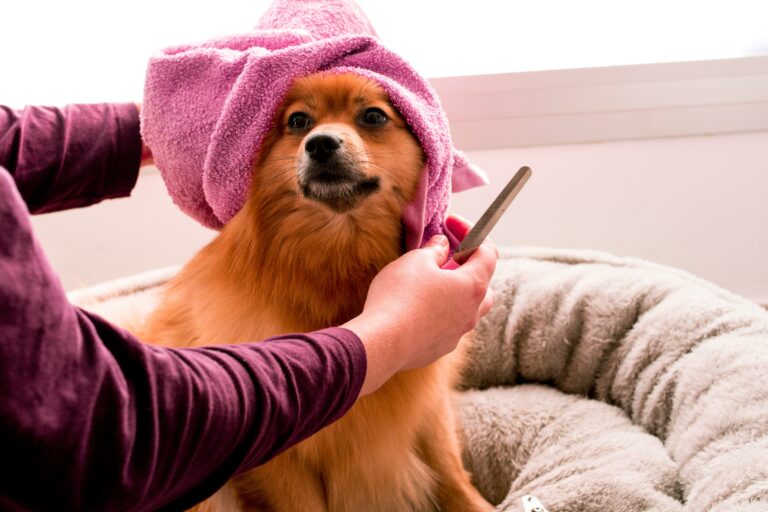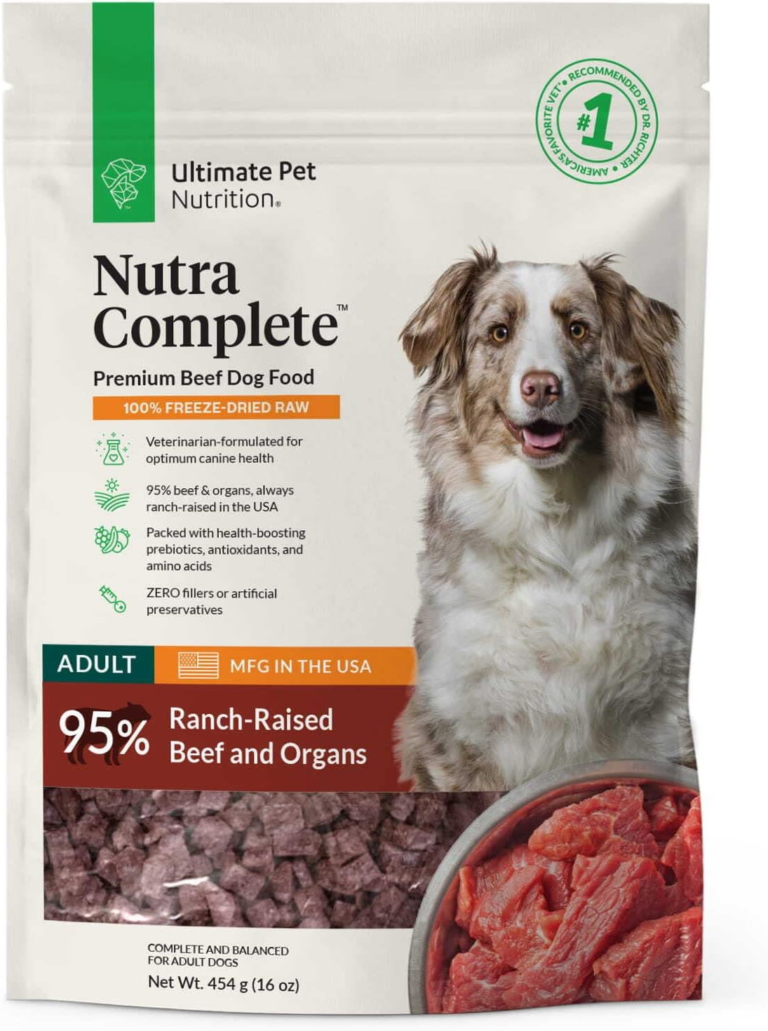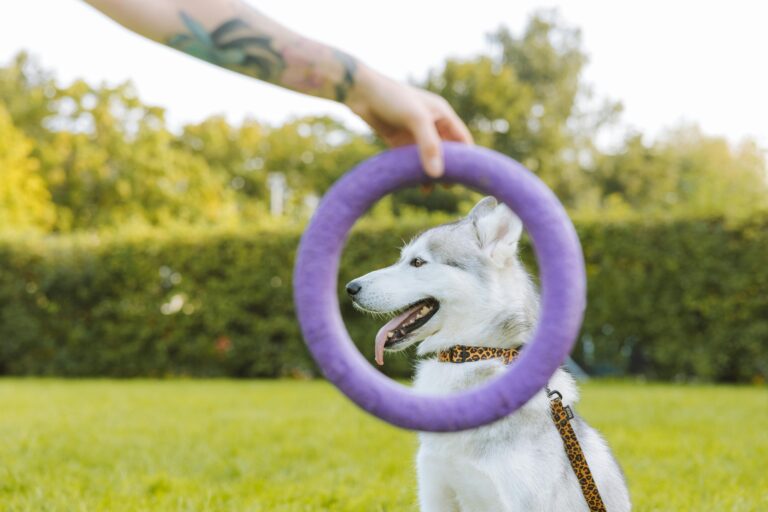How to Take Care of Your Senior Cat
As your cat ages, their needs change, requiring more attentive care to ensure they remain healthy and happy. Senior cats may experience health issues and behavioral changes, but with the right approach, you can provide them with a high quality of life. Here’s how to take care of your senior cat effectively.
Understanding the Needs of a Senior Cat
Recognizing When Your Cat is Senior
Cats are generally considered seniors when they reach the age of 7 to 10 years. However, this can vary depending on the breed and individual health. Recognizing the signs of aging can help you adjust your care routine appropriately.
Signs of Aging in Cats:
- Reduced mobility and agility
- Changes in weight (gain or loss)
- Dental issues and bad breath
- Altered sleep patterns
- Increased vocalization or behavioral changes
Regular Veterinary Check-ups
Importance of Routine Vet Visits
Regular veterinary visits are crucial for senior cats. Schedule check-ups at least twice a year to monitor their health and catch any potential issues early. Discuss any changes in behavior or health with your vet.
Common Health Concerns:
- Arthritis and joint pain
- Kidney disease
- Diabetes
- Hyperthyroidism
- Dental disease
Adjusting Diet and Nutrition
Special Diets for Senior Cats
Senior cats often benefit from specially formulated diets that cater to their aging needs. These diets typically have higher protein content, reduced fat, and added nutrients to support joint health and kidney function.
Tips for Feeding Senior Cats:
- Choose a high-quality senior cat food
- Ensure they have access to fresh water at all times
- Monitor their weight and adjust food intake accordingly
- Consider supplements for joint health, like glucosamine and chondroitin
Maintaining Physical and Mental Stimulation
Encouraging Gentle Exercise
Regular exercise helps maintain your senior cat’s mobility and overall health. Engage them in gentle play activities to keep them active without overexertion.
Exercise Ideas:
- Interactive toys like feather wands and laser pointers
- Short, supervised walks if your cat enjoys the outdoors
- Puzzle feeders to stimulate their mind
Grooming and Hygiene
Regular Grooming Sessions
As cats age, they may groom themselves less effectively. Regular brushing helps keep their coat healthy and reduces the risk of matting. Pay attention to their nails, ears, and teeth as well.
Grooming Tips:
- Brush their coat weekly to remove loose fur
- Check and clean their ears gently
- Trim their nails regularly to prevent overgrowth
- Monitor dental health and schedule professional cleanings if needed
Creating a Comfortable Environment
Adapting Your Home
Make your home more senior cat-friendly by providing accessible and comfortable spaces. Ensure they have easy access to their litter box, food, water, and favorite resting spots.
Home Adjustments:
- Provide soft, warm bedding in quiet areas
- Use ramps or steps to help them reach high places
- Keep their essentials (food, water, litter box) on one level to reduce the need for climbing stairs
Monitoring Behavior and Health
Pay close attention to any changes in your senior cat’s behavior or health. Early detection of problems can make a significant difference in treatment and management. Be proactive in addressing any concerns with your veterinarian.
Conclusion
Caring for a senior cat involves understanding their changing needs and providing them with the necessary support to live a comfortable and healthy life. Regular veterinary check-ups, a suitable diet, gentle exercise, grooming, and a senior-friendly environment are all crucial aspects of senior cat care. By staying attentive and responsive to their needs, you can ensure your aging feline companion enjoys their golden years to the fullest.







